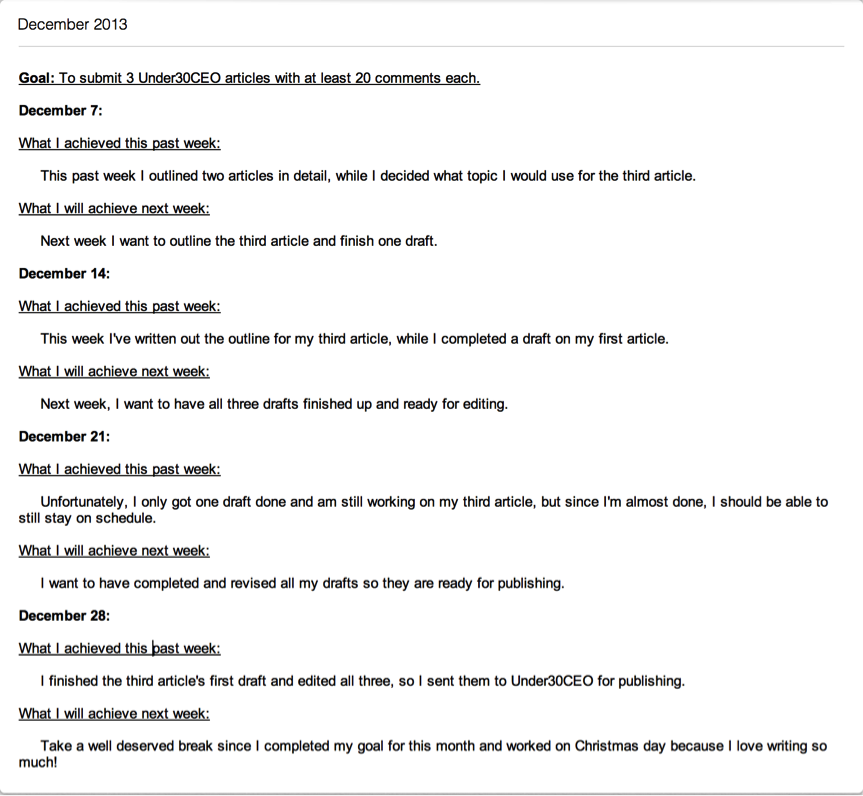You wake up, you’re fired up. You go to school, you’re fired up. You return from work, you’re fired up. You just can’t wait to get your entrepreneurial side out and work on that idea or project to really make a difference in your life.
Yet the moment you sit down, you’re stuck and just can’t get anything done. If you’ve ever felt that way, I’m with you man, it sucks. It’s too easy to get stuck in a cycle where you try something, can’t figure it out and give up. Almost nothing as demoralizing as that.
But what’s the problem? After thinking about your idea for 25 hours (that’s right, 25) a day, you know it’s not passion. After carving out hours of time to revise your work, you know it’s not commitment. So what could it be?
Why You Feel Confused and Unsure
After working many hours on a new project with no results, I decided to stop and really think about my approach. I realized every time I sat down to work on a new project or idea, I just didn’t know what to do, and so didn’t want to work. I felt like a taxi driver who knew his destination, but just couldn’t figure out a way to get there and instead decided just to drive all over town hoping to reach the right destination.
Therefore the key was to find a way to make sure I knew exactly what I was doing every time I sat down to work. Rather than getting lost all the time, I needed to be a smart taxi driver with a GPS, and have a system that could guide me to my destination or goal. By establishing exactly what I wanted to achieve and how I would get there, I could maximize my energy and willpower to complete the next step in reaching my goal rather than wasting time and effort thinking of what I should do.
A System that Works
With that said, I reached out to friends and mentors, did my own research to see if there was any way to improve how I worked and came across a study from Dr Gail Matthews of Dominican University.
In his study, Dr Matthews split 267 people into five groups based on goal setting:
- Group 1: Only thought about goals
- Group 2: Wrote goals down
- Group 3: Wrote goals down and made progression steps
- Group 4: Wrote goals down, made progression steps and shared commitment with friends
- Group 5: Did all of the above and sent a weekly progress report to a friend
The results were 149 people completed the study, but whereas group 1 only had a 43% success rate, groups 4 and 5 had 64% and 76% success rates respectively. Notice the success factor for achieving goals that Dr Matthews’ uncovers is not passion or commitment, but instead it’s planning (progression steps) and accountability (friends and weekly progress report) as seen in groups 3, 4 and 5 that help us reach our goals.
Using Journaling to Maximize Productivity
Now given we know planning and accountability are crucial to helping achieve our goals, it’s time to apply the ideas to ourselves. Starting a journal can be daunting, especially since writing can take a lot of time. To make it simple, I split my journal page into three parts: my goal (usually monthly), my past week’s achievements and my next week’s aims, like the picture below.
By having two prompts for each journal entry, I don’t waste any time thinking about what I need to write, but instead keep myself accountable by writing what I achieved in the past week and plan ahead by writing down what I want done for the next week. To provide a more detailed example, I’ve attached a simplified journal entry for December 2013 below.
The beauty of this journaling idea is it doesn’t have to be long and complicated, but rather just enough to keep you on track for your goal. Then if you feel it works well, you can expand it by writing more in detail what you did well and what could have been done better.
Even if you don’t have time one week and can’t complete a goal, it’s OK because you can always adjust for next week and get it done then. The only catch is you have to keep on journaling week after week to make it a habit and to achieve your goal!
So what do you think? Leave a comment below on how journaling might help you increase your productivity!








